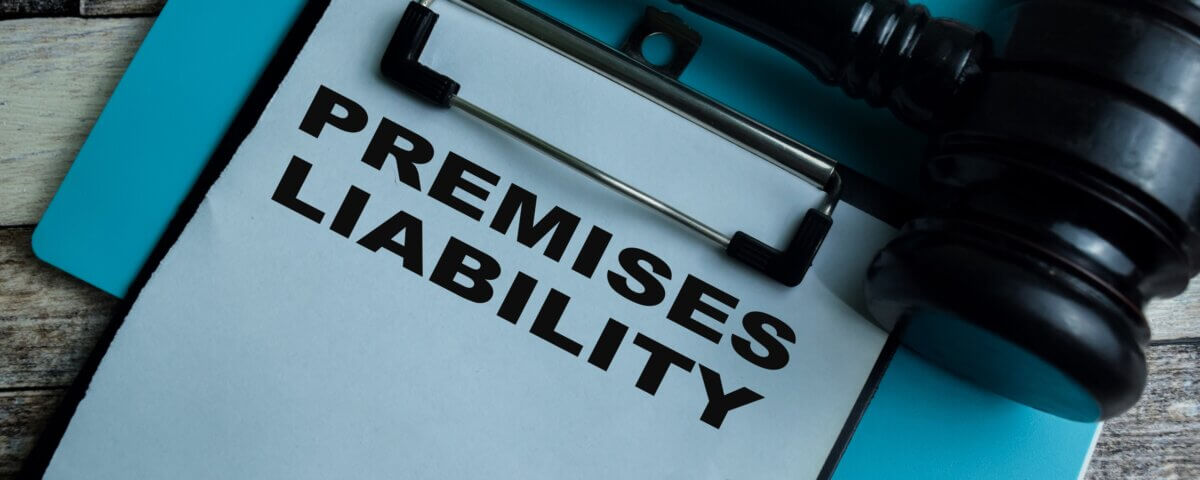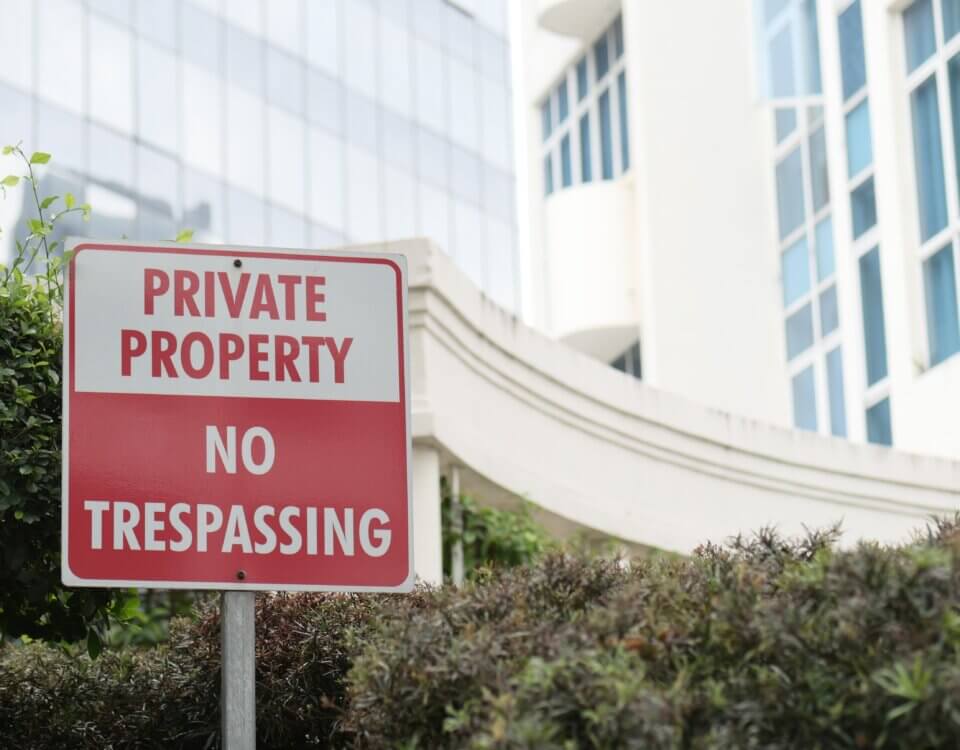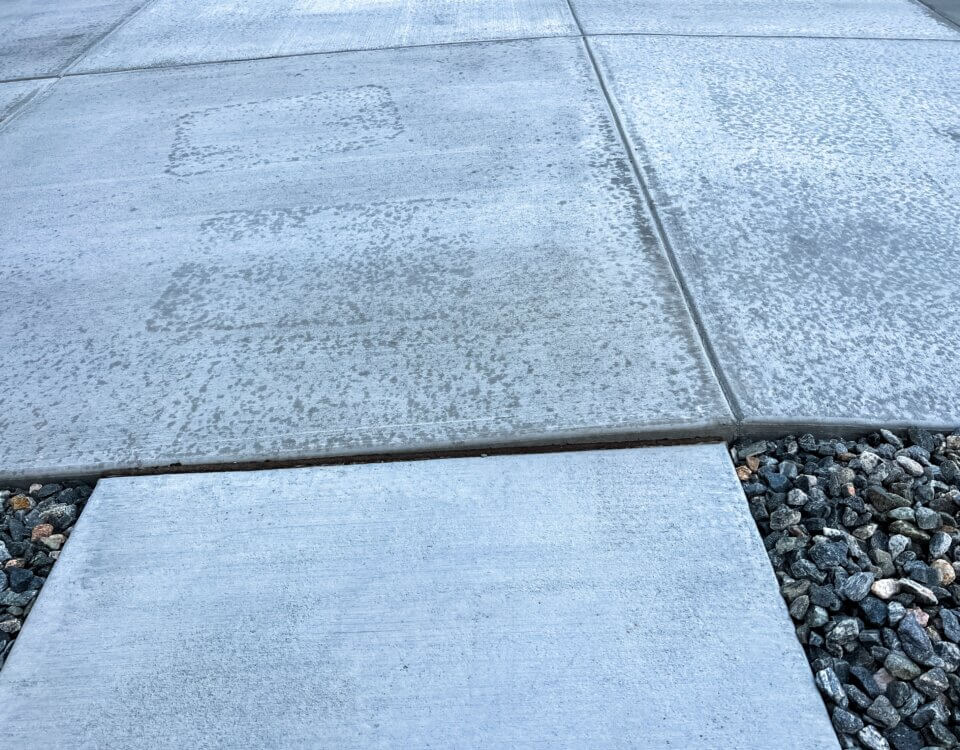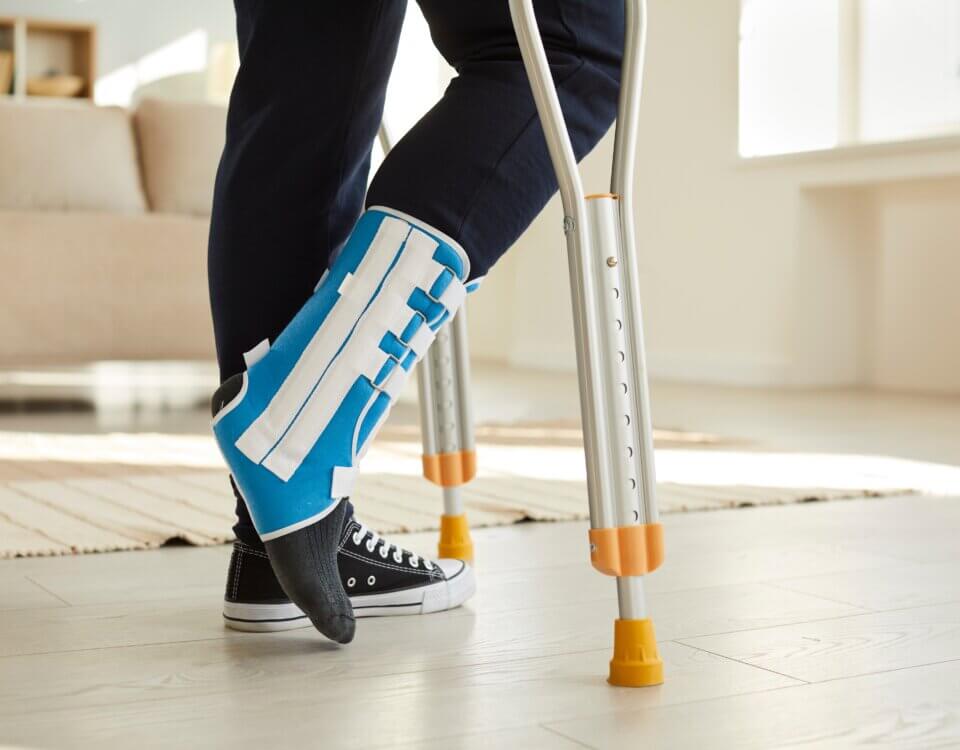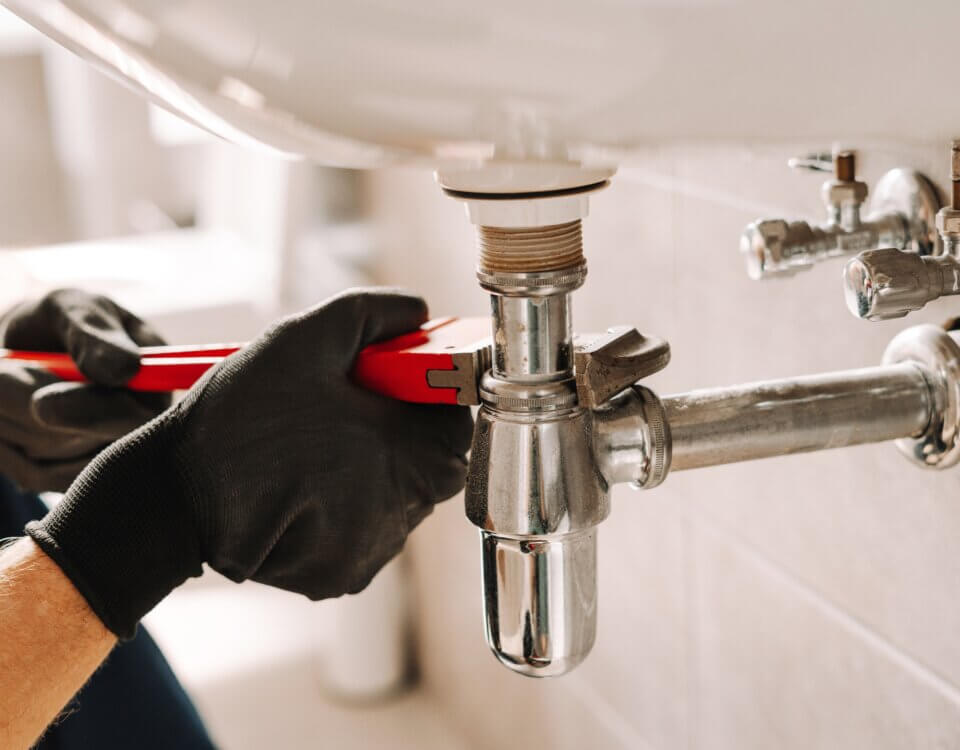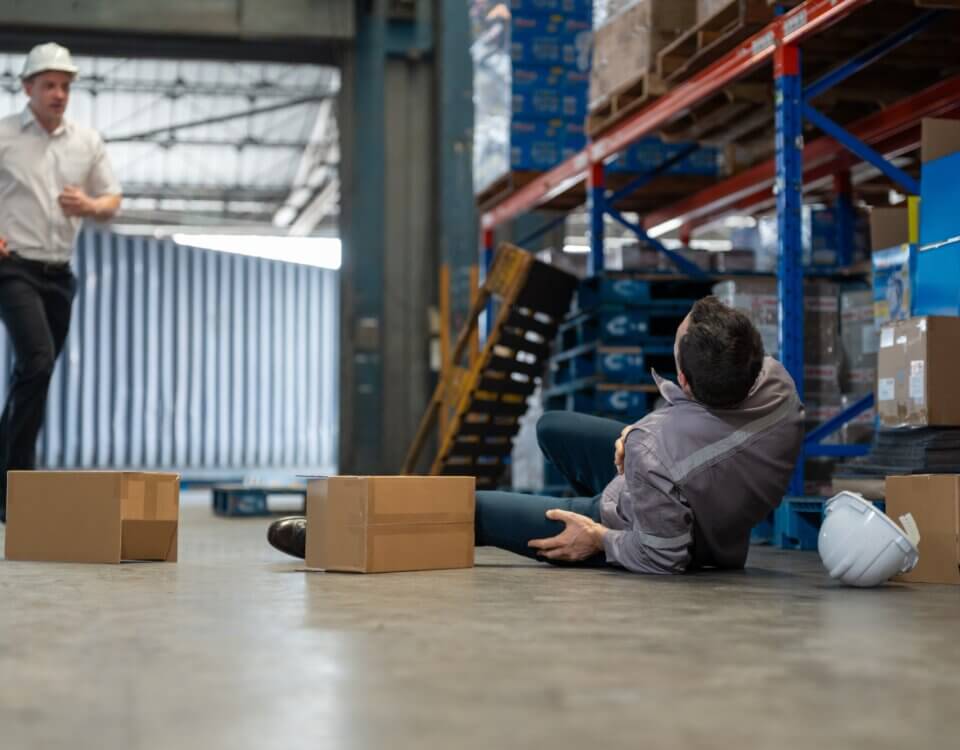What Is Premises Liability
Premises liability arises in cases where someone is harmed on another person’s property due to unsafe conditions. Like other personal injury claims, it focuses on negligence, meaning some party failed to act with the care a reasonable person would under the circumstances. Property owners or those in control of property have a legal duty to keep the premises reasonably safe for visitors.
Key Elements You Must Prove
To succeed in a premises liability case, you generally need to establish:
- The responsible party had control over the property
- That party failed in maintaining or repairing hazards or otherwise ensuring safety
- You were injured while lawfully present on the property
- Your injury was caused by the defendant’s negligence
Common Situations Where Premises Liability Applies
Some typical examples of premises liability include:
- Slip and fall accidents such as slippery floors, uneven surfaces, loose carpeting, broken walkways, staircases missing handrails
- Elevator or escalator accidents
- Swimming pool incidents
- Dog bites or attacks
- Injuries occurring at amusement parks, concert venues, sporting events or stadiums
How Negligence Impacts Your Ability to Recover
Just being injured on someone else’s property does not automatically guarantee you a viable cause of action. To succeed, you often need to show:
- The property owner knew or should have known about the dangerous condition
- The owner could have fixed or warned about the condition but did not
- The danger was not obvious to a reasonable visitor, or the owner should have anticipated it
Types of Injuries You Might Suffer
In premises liability cases injuries can vary in severity, such as:
- Broken bones or fractures
- Sprains, strains, back or neck injuries
- Head trauma or traumatic brain injuries
- Deep cuts or lacerations, possibly leading to scarring
- Internal injuries or bleeding
- Loss of function or mobility
- In severe cases, wrongful death
What Hillstone Law Can Do for You
If you have been hurt due to unsafe property conditions, Hillstone Law can help by:
- Gathering evidence such as photographs, witness statements, and maintenance records
- Proving that the owner had notice of the dangerous condition or should have had notice
- Calculating damages including medical expenses, lost wages, pain and suffering
- Negotiating with insurance or other liable parties
- Filing a lawsuit if necessary
Note: These blog posts are created solely for the use of Hillstone Law. The information is gathered from internet research, publicly available sources, and artificial intelligence (AI) tools such as ChatGPT. While we aim to share helpful and educational content, Hillstone Law does not independently verify every detail. Some information may be incomplete, outdated, or subject to change without notice. If you believe any part of a post is inaccurate, misleading, or infringes upon copyright, please contact Hillstone Law immediately so we can review it and take appropriate action, including correction or removal.
Disclaimer: The material provided in these blogs is for general informational purposes only and should not be considered legal advice. Reading these posts does not create, and is not intended to create, an attorney-client relationship with Hillstone Law. Our intent is to share knowledge, raise awareness, and provide helpful resources to the public; however, Hillstone Law makes no warranties or guarantees about the accuracy, completeness, or reliability of the information provided, and expressly disclaims liability for any actions taken in reliance on it. The photos used in these posts are for illustrative purposes only and do not depict actual clients, individuals, or incidents unless expressly stated. If you or a loved one has been injured in an accident, please contact Hillstone Law at (855) 691-1691. Our attorneys are available to answer your legal questions and help you understand your rights.

